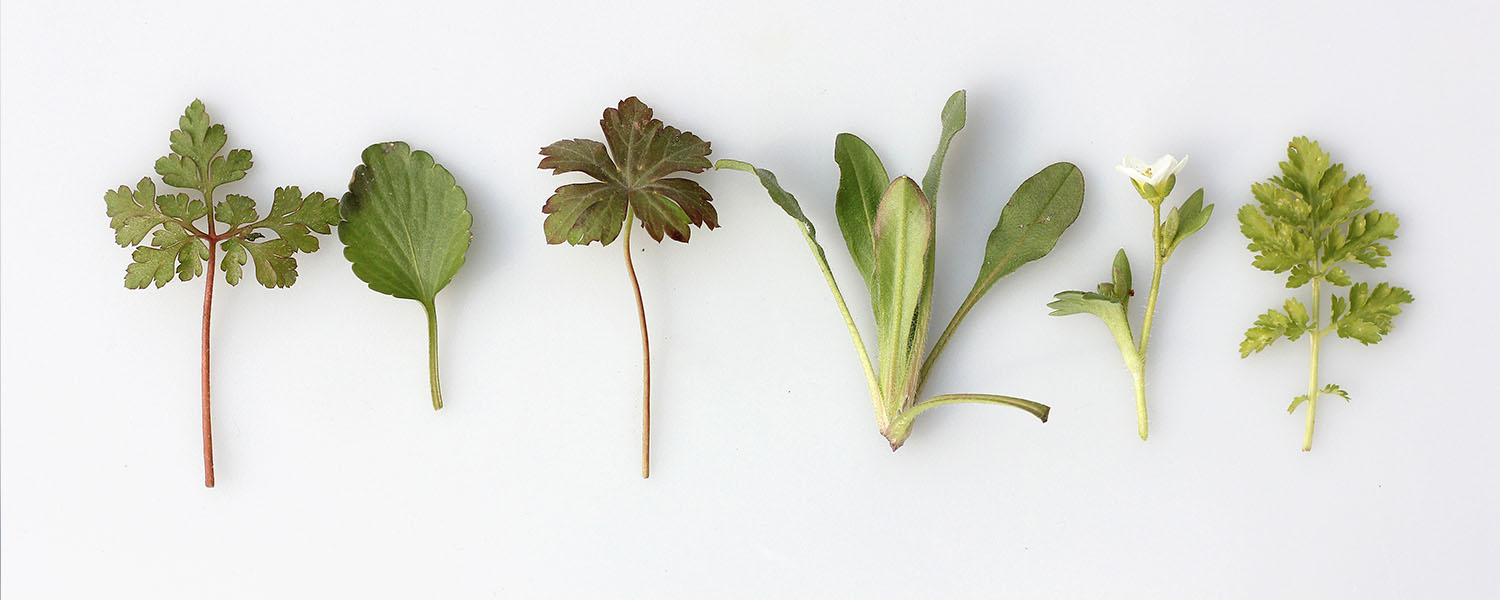- Featured
- Ingredient Spotlight
- Best Sellers
- Skincare
- Makeup
- Professional
- Blog

What You Need To Know About Preservatives (Updated 2019)
According to the FDA, preservatives are “substances which may be added to cosmetic products for the primary purpose of inhibiting the development of micro-organisms in such products.” Preservative ingredients are, in most cases, intended to maintain the integrity of the product, be it a face cream or mascara, so it’s safe for use. The inclusion of these ingredients in cosmetics is governed by the FDA under the cosmetic provisions of the law.
There are both synthetic preservatives and natural preservatives with antimicrobial properties. Even organic skincare and makeup lines use natural preservatives like Radish Root and Potassium Sorbate to extend the life of their products. Preservative-free products, especially those containing water, are potentially dangerous because they expire quickly.
It's important to note, this is in no way a guide for DIY use, but rather a top level view of preservatives in skincare.
Common Synthetic Preservatives
- Benzyl Alcohol*
- Phenoxyethanol*
- Sodium Benzoate*
- Gluconolactone*
- Chlorophenesin
- Parabens
- Potassium Sorbate
- DMDM Hydantoin
- Triclosan
- Imidazolidinyl Urea
- Diazolidinyl Urea
- Sorbic Acid
- Methylisothiazolinone
- Sodium Dehydroacetate
- Dehydroacetic Acid
- Quaternium - 15
- Sodium Metabisulfite
- Chlorhexidine
- Chlorhexidine Digluconate
- Benzalkonium Chloride
- Sodium Salicylate
- Citric Acid
- Lactic Acid
Common Natural Ingredients with Preservative Function
Many of these ingredients have some level of anti-bacterial or anti-fungal activity and are used in combination with traditional preservatives. We are not promoting all of the ingredients below, but rather listing examples that may be found when you search for preservative ingredients. There are numerous combinations of ingredients that can be used to safely preserve a product. In the final stages of product development, a formula is sent for 28 day Preservative Efficacy Testing, and then each production batch of a product is additionally sent for Micro Testing.
- Radish Root*
- Potassium Sorbate*
- Essential Oils
- Neem Oil
- Sweet Orange Oil
- Vitamin E
- Rosemary Extract
*Most frequently used in Glo Skin Beauty professional skincare and mineral makeup.
Are Preservatives Safe?
There can be no safe or non-toxic cosmetic without preservatives. Skincare and cosmetic items, similar to food, can spoil over time, and contamination can happen quickly through everyday use. For example, when you apply mascara the wand might touch your eye, and when you dip the wand back in the tube those cells are then introduced to the rest of the product. Or, when you dip your fingers into a jar of eye cream, if you haven’t washed your hands directly before use, you could be introducing harmful bacteria to your cream. Without preservatives, the life of your products would be dramatically reduced.
Preservatives only make up a very small portion of your products, usually around 0.1% to 1%. It’s all about balance, controlling microbial growth while being non-irritating and non-sensitizing.
Tips to Protect Your Cosmetics from Contamination
In addition to purchasing products with an effective preservative system, there are a few things you can do to prevent the growth of micro-organisms in your beauty supply.
- Don’t share your cosmetics. Makeup artists should clean brushes between use and use individual applicators for gloss and mascara.
- Don’t add water to your cosmetics or skincare products. According to the FDA, adding water can introduce new bacteria as well as dilute the preservative in the product.
- Close your containers when not in use.
- Wash your hands before handling your products.
February 12, 2016
